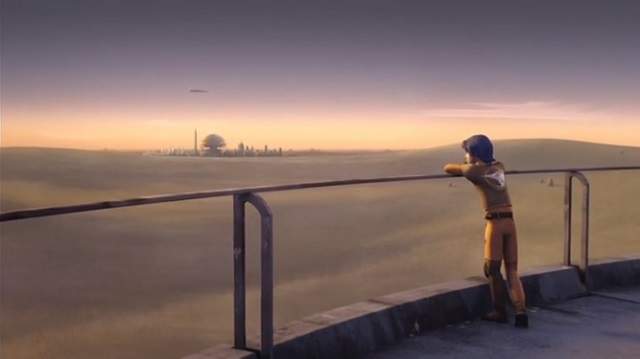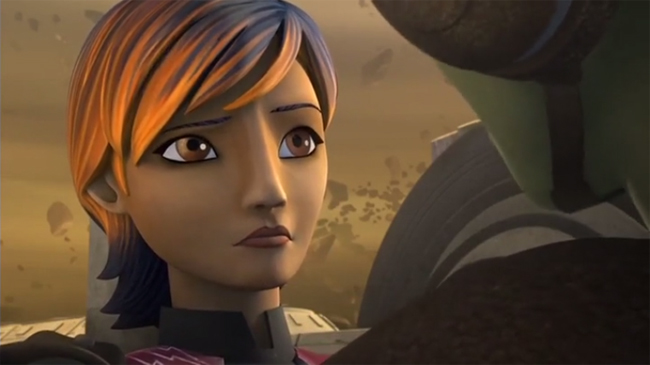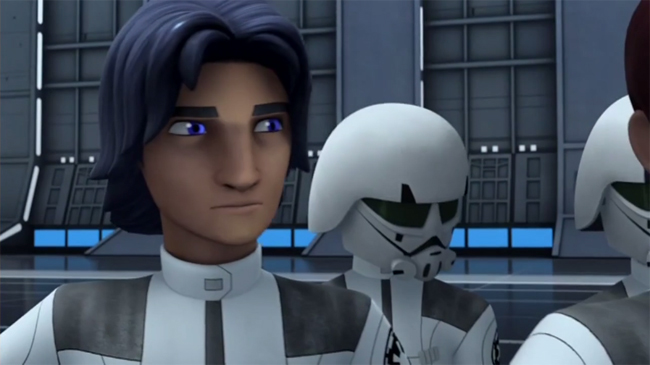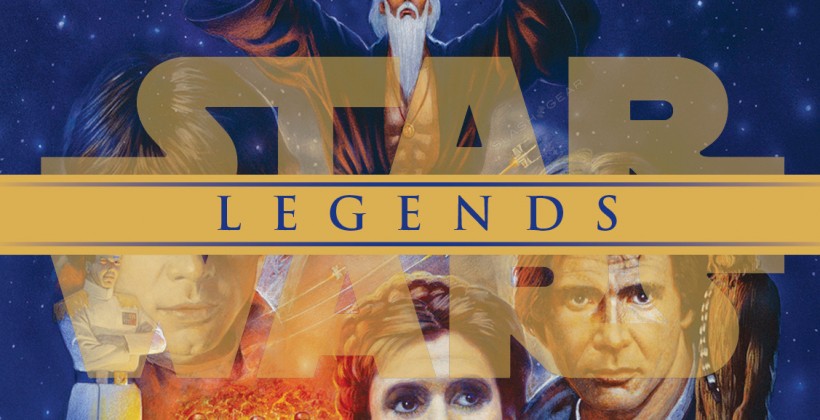
(Editor’s Note: comments on Part I of this piece have been disabled—feedback is welcome here on Part II, though readers are strongly encouraged to read both halves before commenting.)
Why should people NOT be upset about the reboot? Because not everything new is bad!
Despite my personal position on the severe mishandling of the Expanded Universe, there’s one thing that I’ve come to find significantly more annoying over the last few months: many of the other fans!
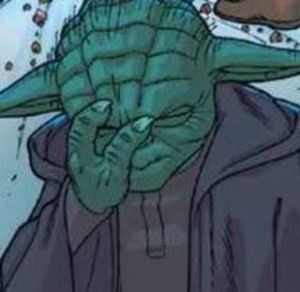
A lot of the arguments start off as “I don’t like what Disney/LFL/other power-that-be is doing”, and I start to think, oh interesting, why doesn’t this person like the reboot? Then they go off into “they changed this minor detail and it sucks because they changed it”, even though if the exact same decision had been made in the Classic EU they’d have loved it.
Though the reasons behind rebooting the universe are questionable, not every decision that has been made is a bad one. With anything that is created, either in the Classic EU or the new Canon, things will change. In fact many of the things that are complained about are not an issue: 1) Cosmetic Changes, 2) EU Accurate Characterization, 3) Respect for Existing Material, and even if you ignore all that 4) Constructive Criticism is better than directionless whining. Read More
